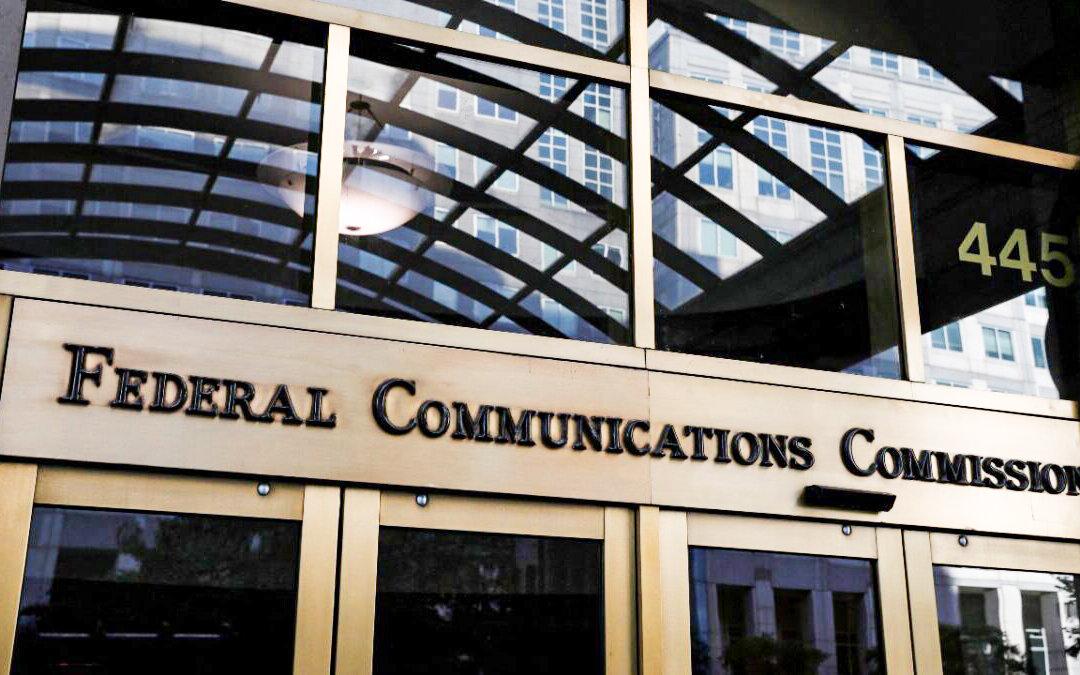The Federal Communications Commission (FCC) has adopted new rules aiming to prevent what it terms digital discrimination in access to broadband services, but the move has drawn skepticism from the industry.
The new rules, approved on Nov. 15, aim to ensure that all Americans have equal access to reliable and high-speed broadband services without discrimination based on income level, race, and other protected classes.





